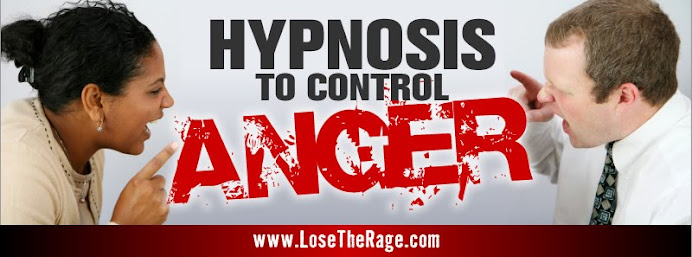Anger. It’s got a pretty bad reputation. And we’re often told what to do with it: be careful with it. Suppress it. Vent it. Override it. It’s like anger’s some kind of volatile, toxic force to be harnessed or defused.
But maybe there’s another way of looking at it altogether.
Maybe you can actually learn from anger. Listen to it. See what it has to tell you. Get curious about it.
The sticker in the photo (above), in a cleverly vandalised train carriage I travelled in recently, has another suggestion for how to respond to anger:
“If anger is present
rove to another age”
So let’s take another look at anger for a moment.
When was the last time you felt angry? Seething. Really hot and bothered. Maybe you were even having those pretend conversations in your mind with the other person (your “enemy” for that moment), setting them straight with devastating wit or eloquence.
Remember that?
And now, instead of being drawn down into the detail of whatever lit your fury at the time, just try sort of stepping back for a second. See what happens if you ask yourself something like:
- What’s this anger trying to tell me?
- Or what’s missing in this picture for me?
- What would resolve this for me – and why?
- What do I actually need right now?
- What’s this really about for me?
And, as the sticker suggests, maybe another good query to ask is:
How old am I right now? What age do I feel inside?
For maybe your anger isn’t just about this one isolated event. Maybe it relates back to a specific incident, or a whole string of them, that you previously experienced. Or a pattern of some kind that started decades ago. Or maybe it’s simply exposing or tapping-into the vulnerability or hurt or lack of control you may have felt when you were young.
So what age are you in the heat of the moment?
And what psychological or emotional age might put you in the best position to start resolving this problem? Would you be older? Younger? Maybe it’s possible to consciously “rove to another age” and draw on things like your adult negotiating skills, your experience of self-soothing, and your fully-grown sense of agency and personal power. Or maybe you want to invite a younger sense of play.
Of course, it can be a big ask to do any of this stuff in the heat of the moment. So it can also be worth coming back to that moment again later. To do some investigating after the fact. To practice.
So that next time anger’s upon you, you’ll have a better chance of really choosing your response – a response that brings you closer to resolving what hurt you in the first place – rather than just being captive to a knee-jerk reaction that often just keeps the damage going.
And maybe that’s another vital lesson which anger can remind us of – that we have choice. Right there, when all your buttons are being pushed, is exactly the time that something you really value is usually centre stage. So, in a way, anger is like a signpost, pointing directly to the moments, the values, that matter most to you. A signpost reminding you of your choices.
And, if you can learn to really see anger like that, with all its invitations and lessons, it’s actually a pretty amazing thing – at any age.
.

